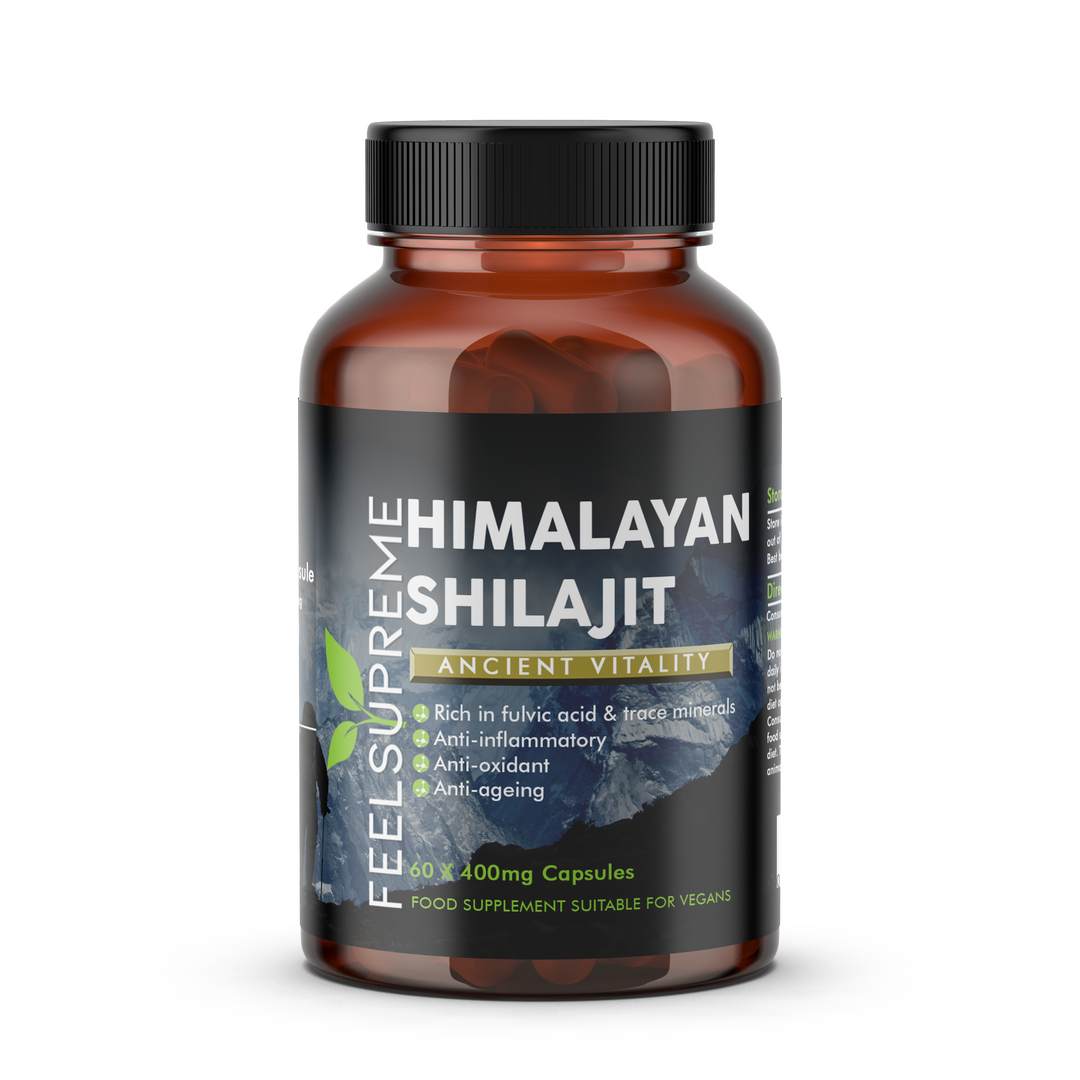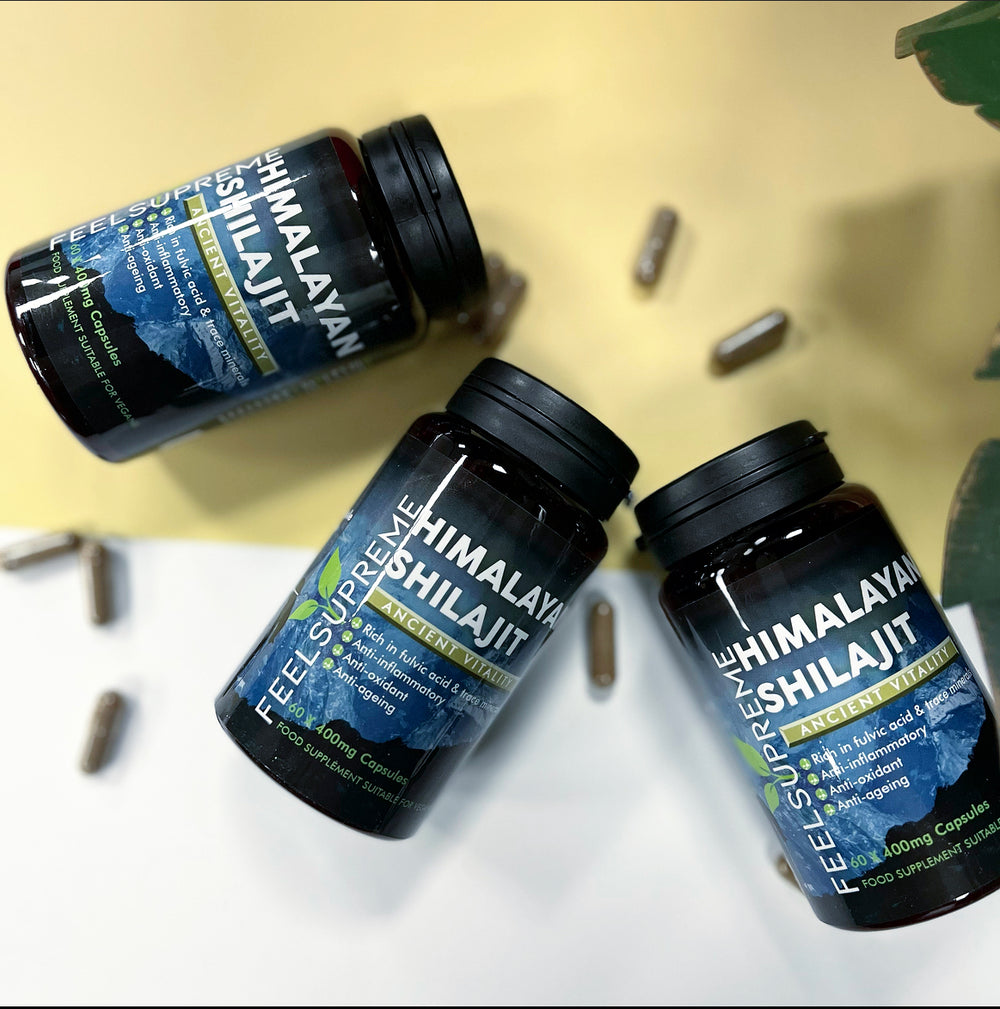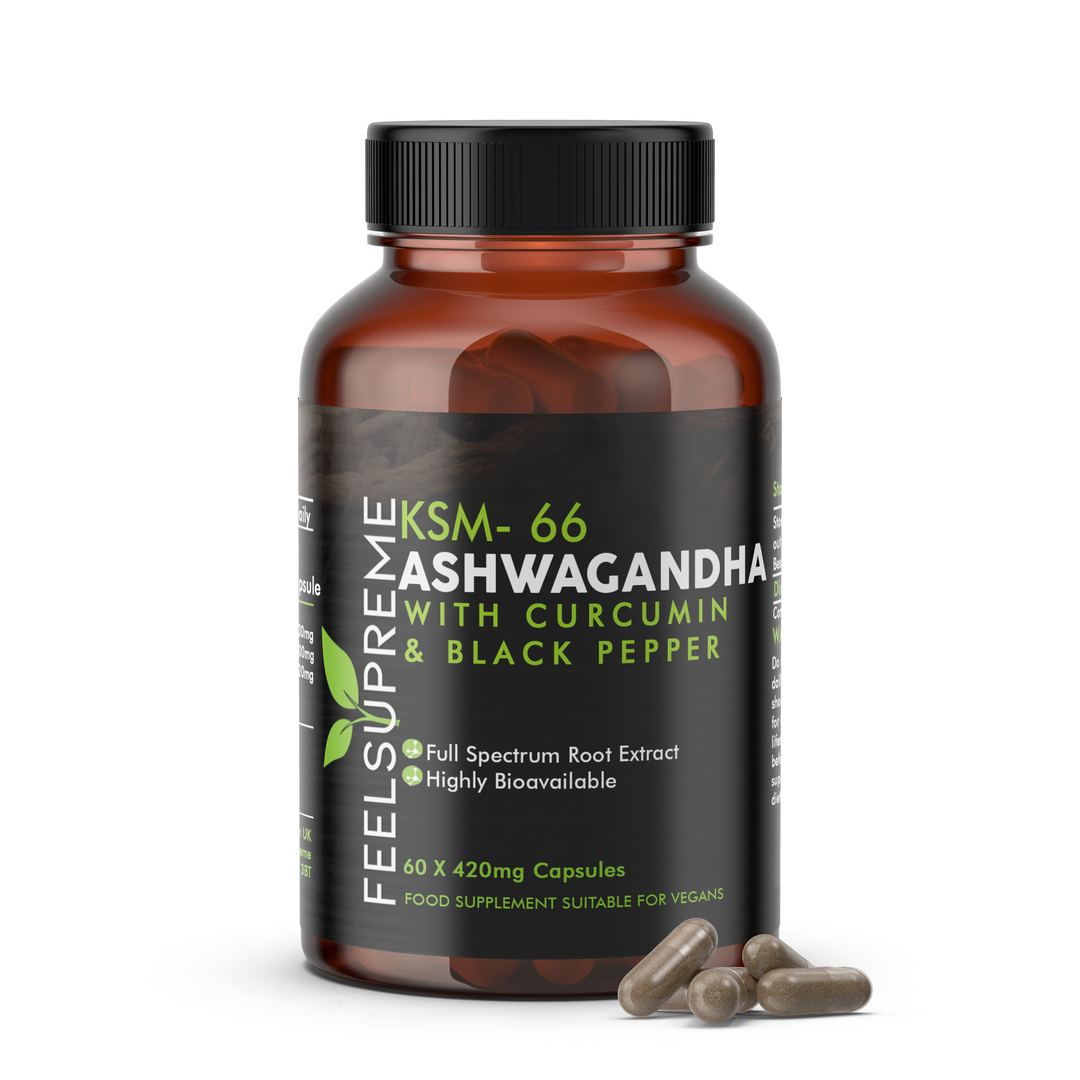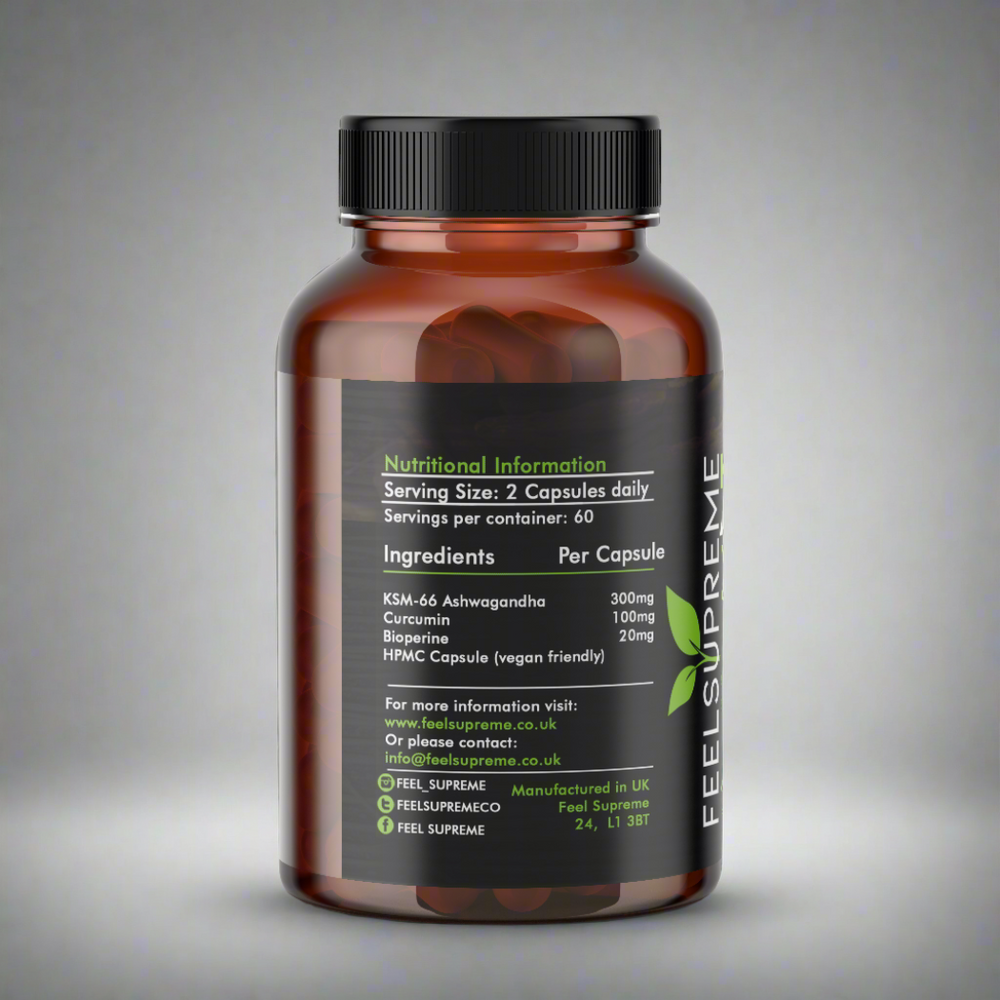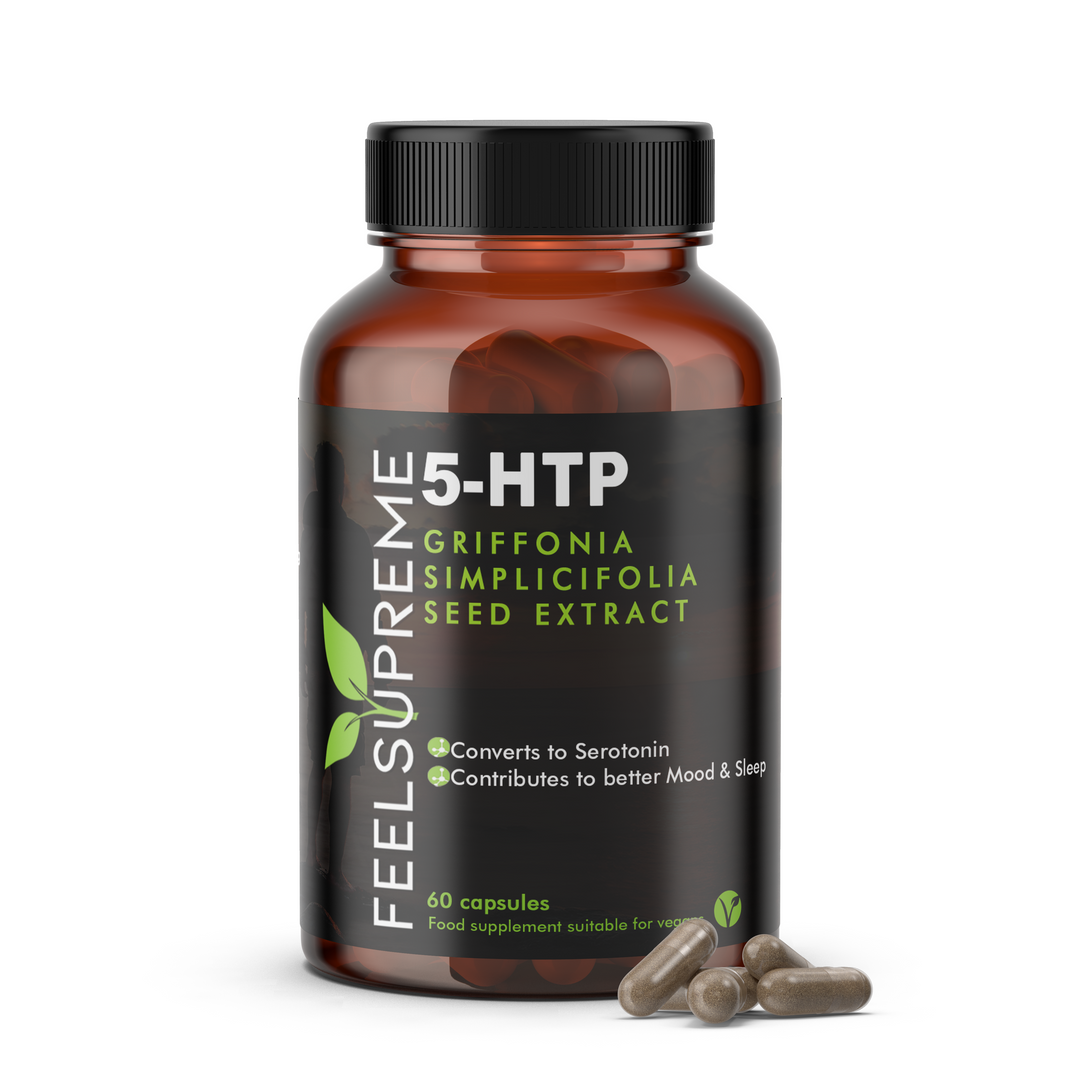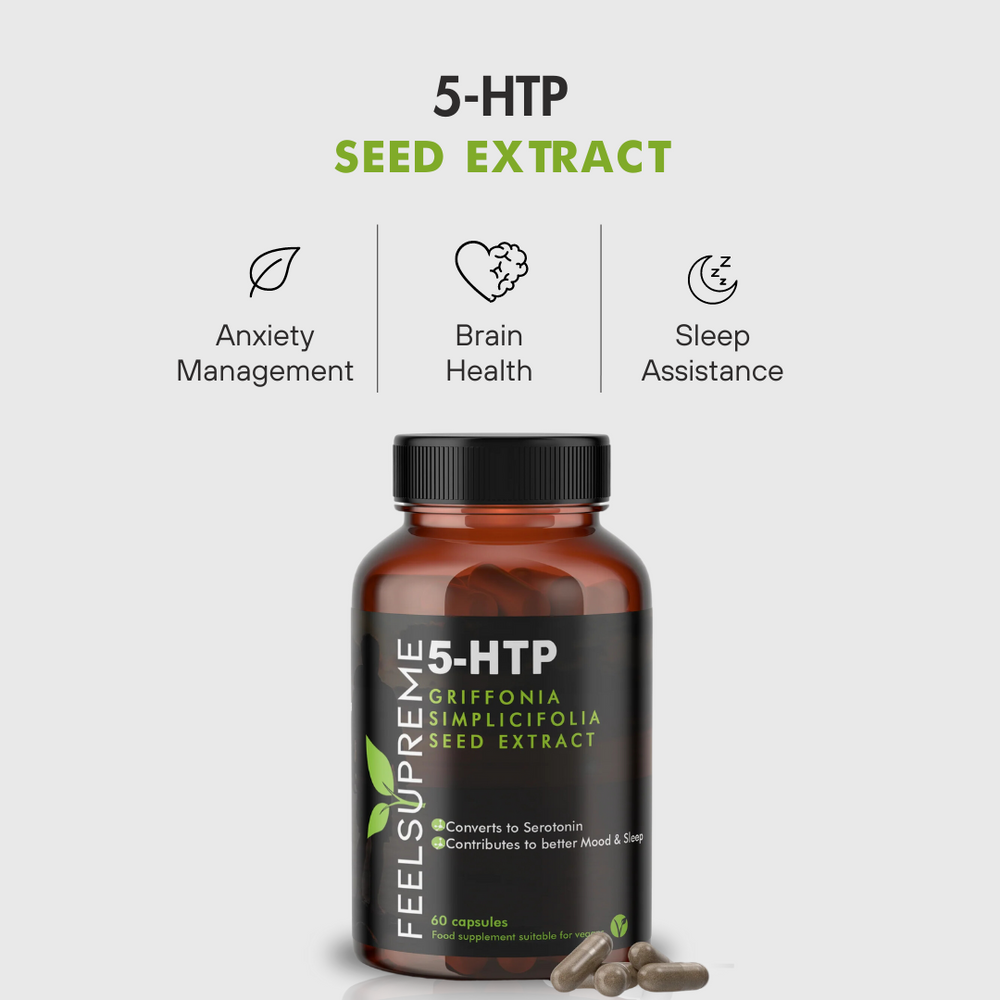Nutritional supplements enhance a regular diet by ensuring an adequate supply of nutrients. These supplements contain vitamins and minerals that help us look better, feel better, and function to the best of our ability. Vitamin or mineral deficiencies caused by nutritional imbalances can lead to many symptoms that negatively impact overall well-being. Some of the symptoms include:
- Dry or brittle hair
- Chronic Fatigue
- Sleep issues
- Dry skin
- Digestive problems
- General body weakness
A healthy, well-balanced diet can alleviate these symptoms. However, consistently preparing and eating healthy meals can be challenging and time-consuming. A busy lifestyle requires balanced sleep, hydration, and vitamins for the body to function correctly. Most people don't have the energy or free time to track their nutritional welfare daily.
The health value of nutritional supplements
Supplements offer various health benefits depending on an individual's needs. Generally, supplements aim to provide nutrients that may be missing or lacking in one's diet. Check out our blog about the quality and purity of plant-based supplements to get more information before you use it. Plant-based supplements help fill nutritional gaps for people with allergies, dietary restrictions, and health problems:
- Vegans benefit from taking B12 supplements since this vitamin resides in animal products.
- Pregnant women need more folic acid to reduce the risk of neural tube defects in their babies
- Older people require calcium supplements and vitamin D to preserve their bone health
- To support muscle growth and boost recovery, athletes take supplements, such as creatine or protein powder
Difference between plant-based and traditional supplements
Plant-based and traditional supplements differ in several ways, such as their sources, potential health benefits, ingredients, and environmental impact. Sources:
- Plant-based supplements derive from fruits, herbs, vegetables, fungi, and other natural plants, such as herbal extracts.
- Traditional supplements contain ingredients from synthetic sources and animals—for example, collagen, fish oil, and specific multivitamins.
Allergan concerns:
- Plant-based supplements are generally safer options for people with sensitivities towards additives or allergies to animal products.
- Traditional supplements can cause issues for some individuals prone to allergies, such as those containing dairy-derived probiotics or shellfish-derived glucosamine.
Vegan friendly:
- Plant-based supplements are typically more suitable for vegetarians and vegans, as they do not contain animal-derived ingredients.
- Many traditional supplements contain animal-derived ingredients, like gelatin and vitamin D3
Environmental effect:
- Plant-based supplements have a low environmental impact as they require fewer resources and create fewer greenhouse gases through production.
- Traditional animal-derived supplements leave a higher environmental footprint due to water consumption, greenhouse gas emissions affiliated with livestock production, and land use.
Advantages of plant-based supplements
High nutrient absorption rates of plant-based supplements offer benefits and advantages to those who consume them. Some of these benefits are:
- Efficient nutrient transportation: High absorption rates help nutrients move around the body more efficiently, which allows the body to stay healthy.
- Increased bioavailability: Nutrients in plant-based supplements are readily available for the body to use. Bioavailability leads to improved health benefits and more significant advantages.
- Enhanced synergy: Plant-based supplements contain various nutrients and other beneficial compounds, such as phytochemicals, which work together for the body's well-being.
- Low dosage requirements: Lower dosage requirement is excellent for cost-effectiveness and the risk of overconsumption.
- Digestion: Plant-based supplements are more easily digestible for the human body than traditional supplements.
Lower risk of side effects
Plant-based supplements generally hold lower risk of side effects than traditional supplements, especially those derived from synthetic or animal sources. Some reduced risks include:
- Lower risk of contamination. Plant-based supplements rarely contain harmful materials, such as antibiotics, hormones, or heavy metals.
- Hypoallergenic properties: Plant-based supplements are less likely to bring about allergic reactions.
- Less gastrointestinal issues: Easier to digestible plant-based supplements cause fewer gastrointestinal side effects, like bloating, stomach cramps, or gas, than traditional supplements.
Availability of organic and non-GMO options
The increased availability of organic and non-GMO options provides several benefits for consumers of plant-based supplements:
- Non-GMO supplements, made from ingredients that are not genetically modified, may be considered a more natural and less processed option.
- Plant-based, organic supplements and their farming have a lower environmental impact than traditional farming methods. Organic farming practices preserve biodiversity, soil health, and eco-balance.
Organic plant-based supplements don't require synthetic pesticides, fertilisers, or herbicides. Using organic plant-based products supports sustainable practices and reduces the overall environmental footprint.
The most common plant-based supplements
Plant-based supplements support the immune system. Plants have nutrients that you can't get from other sources. The essential vitamins, minerals, phytochemicals, and antioxidants in plants help keep cells healthy and balanced.
- Vitamin B-12
The most important supplement for vegans may be Vitamin B-12. This vitamin helps form red blood cells, metabolises proteins, and supports the function of a healthy nervous system. Anyone can have low vitamin B-12. However, vegans typically are at higher risk of deficiency.
- Omega-3 fatty acids
Omega-3 fatty acids are an excellent source of healthy fats. These supplements offer various benefits:
- Preventing dementia and Alzheimer's disease
- Decreasing the risk of arthritis
- Helping neurodevelopment in children
- Lowering the risk of heart issues.
- Vitamin D
Vitamin D improves immune function and regulates mood swings. Wearing sunscreen, essential for skin cancer prevention, reduces the production of vitamin D in the human body. The vitamin D intake from just-food tends to be much lower than the recommended daily dose. However, taking the supplement can solve this problem.
Potential drawbacks
While plant-based supplements offer various benefits, there are some potential drawbacks to consider:
- Higher cost. High-quality organic supplements cost more than traditional supplements.
- Limited choice. The market for organic supplements grew exponentially. Still, there are fewer product options compared to traditional accessories.
The final note
Take advantage of the future of nutritional supplements! Experience the benefits of organic supplements yourself. Buy plant-based supplements today and keep your immune system in check.













